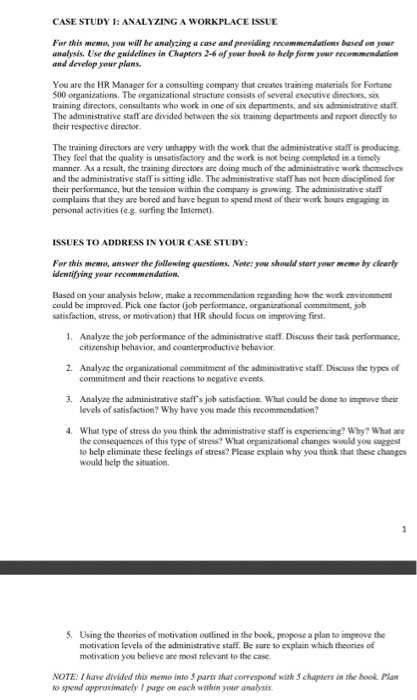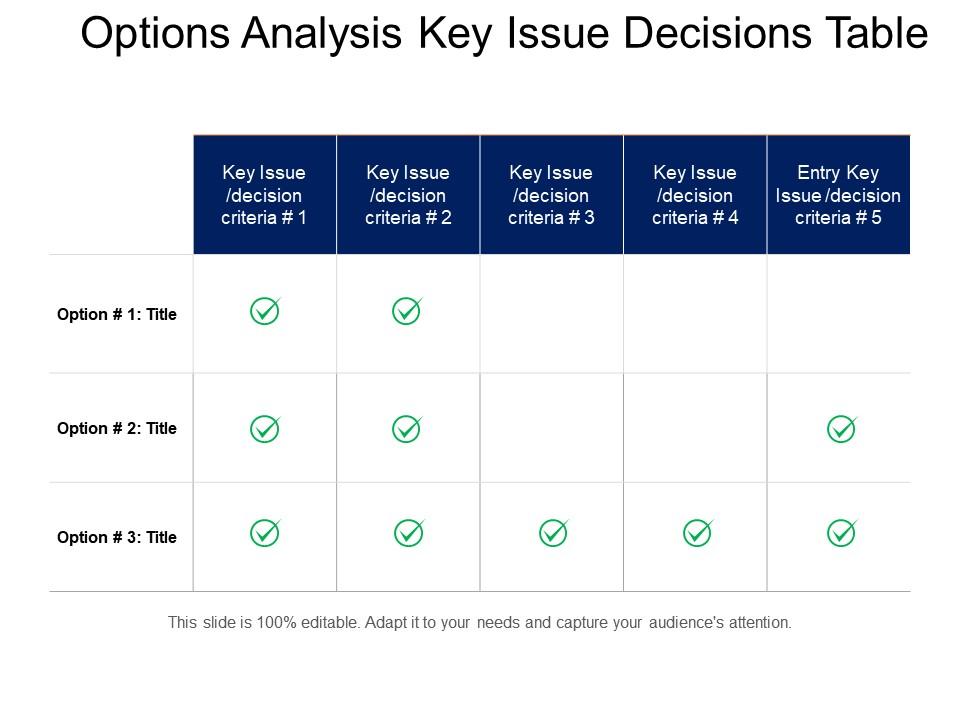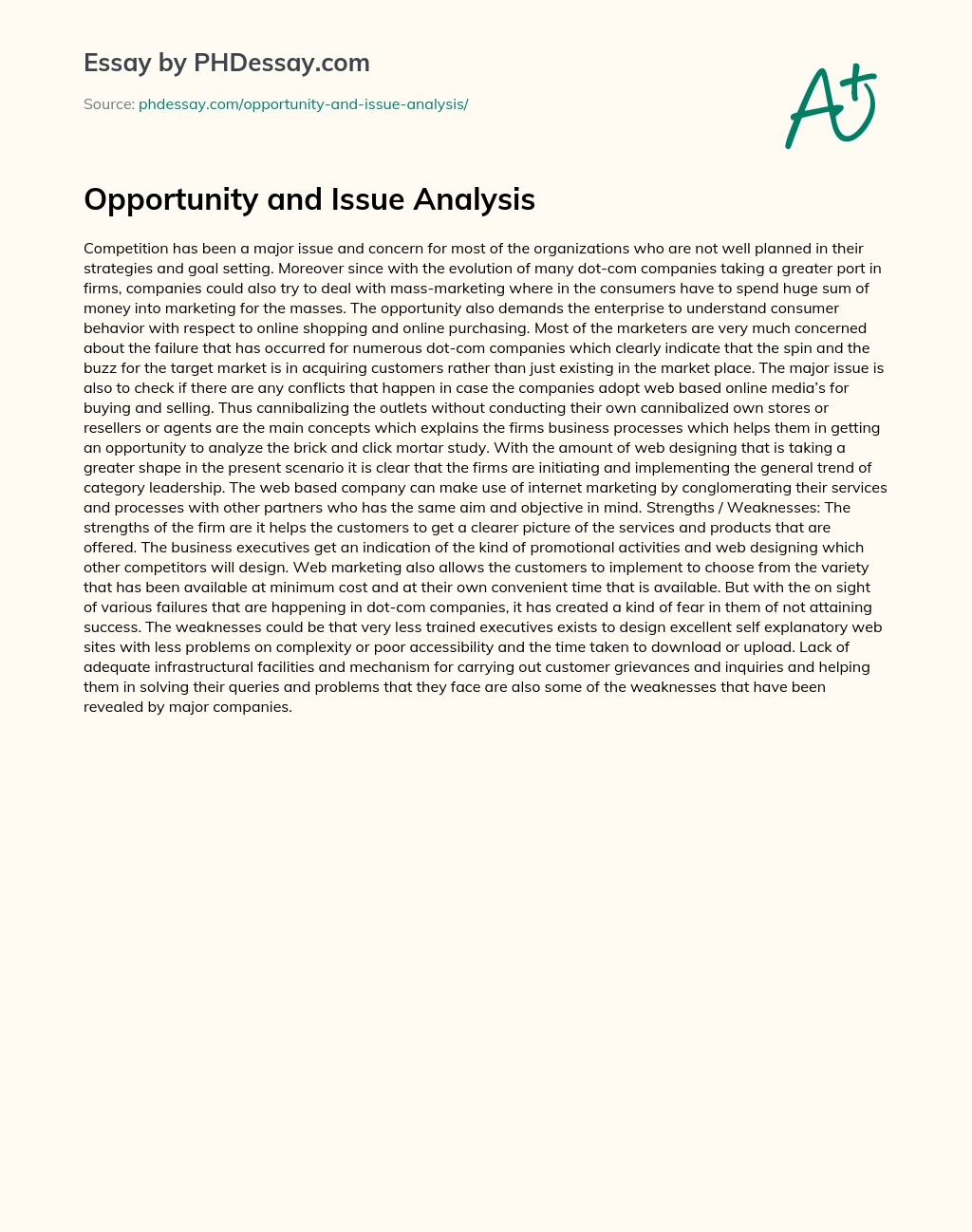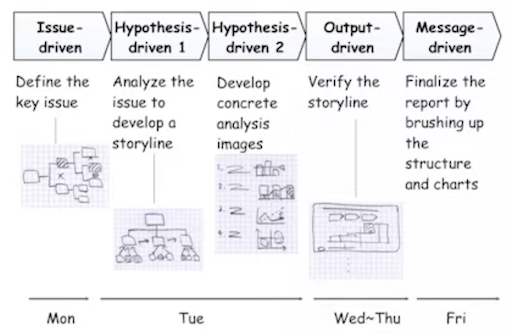An issue that has garnered significant attention in recent years is the issue of income inequality. Income inequality refers to the unequal distribution of wealth and income among individuals or groups in a society. It is a complex issue with many contributing factors, including education, employment opportunities, and government policies.
One of the main causes of income inequality is the unequal distribution of education. Individuals who receive a higher level of education are more likely to secure high-paying jobs and achieve financial stability. However, access to education is often determined by one's socio-economic status. Those from lower income backgrounds may not have the same opportunities to attend high-quality schools or pursue advanced degrees, leading to a gap in the education and skill levels of different groups of people.
Employment opportunities also play a role in income inequality. Some industries and jobs offer higher salaries and more advancement opportunities than others, leading to a disparity in income between those who work in these industries and those who do not. Additionally, some individuals may face discrimination in the workforce, preventing them from securing employment or advancement in their careers.
Government policies can also contribute to income inequality. For example, policies that favor certain industries or groups of people can lead to a concentration of wealth among a select few. Tax policies that disproportionately benefit higher income earners can also contribute to income inequality, as those with lower incomes may not receive the same level of financial support.
Income inequality is a complex issue with no easy solution. However, addressing the root causes, such as unequal access to education and employment opportunities and unfair government policies, can help to reduce the gap between the wealthy and the poor. This can be achieved through a combination of initiatives, such as investing in education, supporting small businesses and entrepreneurship, and implementing fair and progressive tax policies.
Ultimately, addressing income inequality is crucial for the well-being and prosperity of society as a whole. It is important for individuals and policy makers to understand the causes and consequences of income inequality and work towards creating a more equitable society for all.







